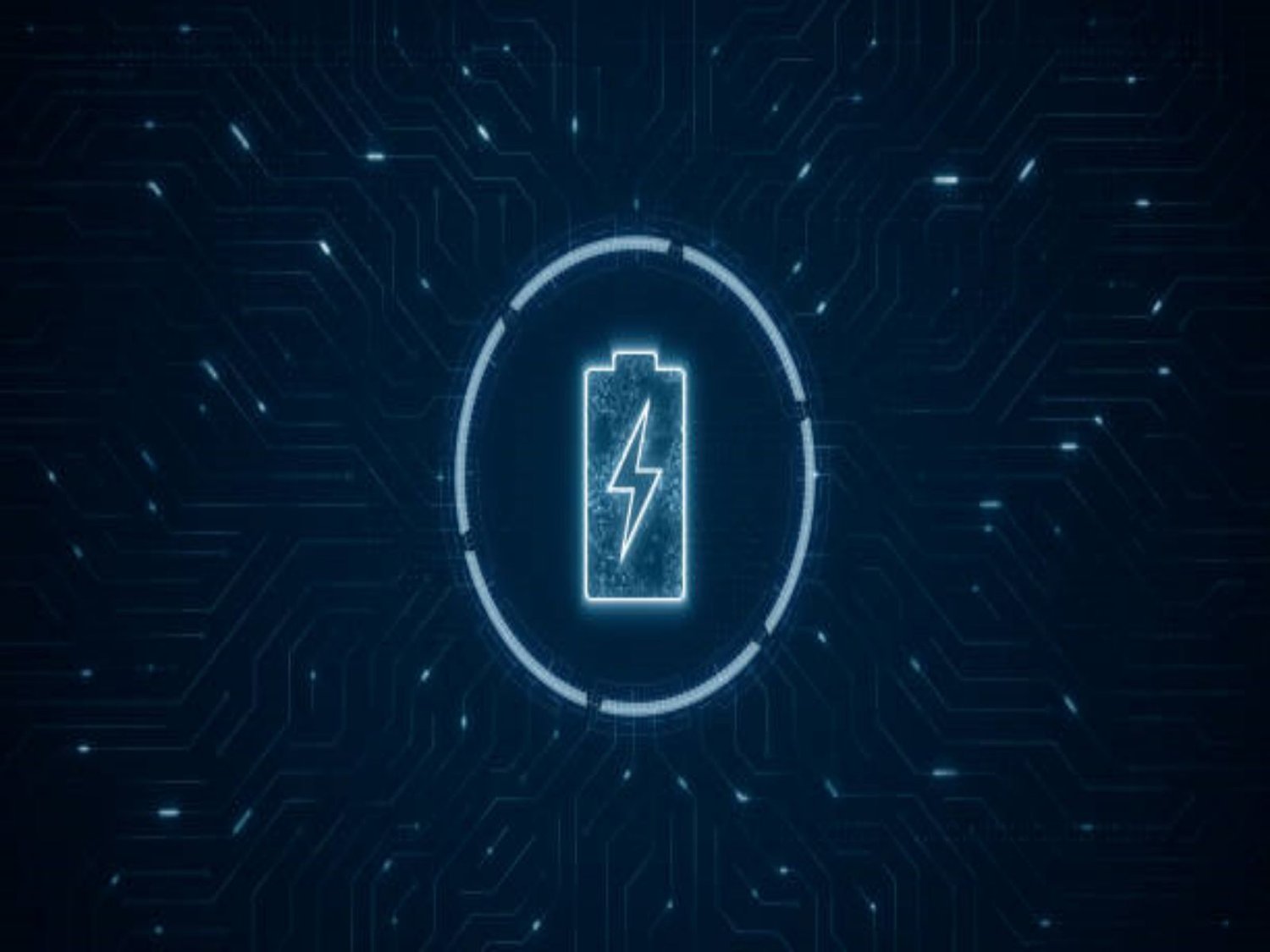Comparative Analysis: Battery Management Systems vs. Traditional Power Solutions
Introduction: Exploring the Pros and Cons of Battery Management Systems and Traditional Power Solutions
What are Battery Management Systems?
Battery Management Systems (BMS) are electronic systems that monitor and control the charging and discharging of batteries. They ensure optimal performance, extended battery life, and enhanced safety. BMS typically consist of hardware components, such as sensors and control circuits, as well as software algorithms that manage the battery's state of charge, voltage, and temperature.
Understanding Traditional Power Solutions
Traditional power solutions, on the other hand, often rely on non-rechargeable batteries or simple charging circuits without advanced management capabilities. They may involve manual monitoring and control, which can be time-consuming and less efficient. Traditional power solutions may include disposable batteries, power supplies, or simple voltage regulators.
Efficiency and Performance between Battery Management Systems and Traditional Power Solutions
Battery Management Systems offer significant advantages in terms of efficiency and performance compared to traditional power solutions. BMS are designed to maximize battery life and optimize energy usage. They regulate the charging and discharging process, preventing overcharging or deep discharging, which can negatively impact battery performance and lifespan. BMS also provide real-time feedback on battery status, allowing users to monitor and manage their power consumption more effectively.
Safety Considerations between Battery Management Systems and Traditional Power Solutions
When it comes to safety, Battery Management Systems have a clear advantage. BMS incorporate safety features such as overvoltage protection, undervoltage protection, and temperature monitoring. These features help prevent battery damage, reduce the risk of fire or explosion, and protect the surrounding equipment and users. Traditional power solutions often lack these safety mechanisms, making them potentially more hazardous.
Cost and Maintenance between Battery Management Systems and Traditional Power Solutions
While Battery Management Systems may have a higher upfront cost compared to traditional power solutions, they can save money in the long run. BMS optimize battery performance, extending their lifespan and reducing the need for frequent replacements. Additionally, BMS enable more accurate battery health monitoring, allowing for timely maintenance and replacement. Traditional power solutions, especially those relying on disposable batteries, can be expensive to maintain and replace frequently.
Environmental Impact between Battery Management Systems and Traditional Power Solutions
Battery Management Systems contribute to a greener and more sustainable future. By maximizing battery performance and lifespan, BMS reduce the number of batteries that end up in landfills. They also promote the use of rechargeable batteries, which further reduces waste. Traditional power solutions, particularly those utilizing disposable batteries, have a significant environmental impact due to the constant need for replacement and disposal.
Flexibility and Adaptability between Battery Management Systems and Traditional Power Solutions
Battery Management Systems offer greater flexibility and adaptability compared to traditional power solutions. BMS can be customized to suit specific battery chemistries, sizes, and applications. They can also be integrated into various devices and systems, providing seamless power management. Traditional power solutions often offer limited compatibility and may not be adjustable to different battery types or configurations.
Applications and Industries between Battery Management Systems and Traditional Power Solutions
Battery Management Systems find applications in a wide range of industries, including automotive, renewable energy, telecommunications, and consumer electronics. Their advanced features and capabilities make them ideal for electric vehicles, solar power systems, uninterruptible power supplies, and portable devices. Traditional power solutions are often limited in their application and may not meet the specific requirements of these industries.
Future Trends and Innovations between Battery Management Systems and Traditional Power Solutions
Battery Management Systems continue to evolve with ongoing advancements in technology. Future trends include improved energy efficiency, enhanced integration with IoT (Internet of Things) devices, and the development of smart charging algorithms. These innovations aim to further optimize battery performance, increase convenience, and reduce environmental impact. Traditional power solutions, on the other hand, may struggle to keep up with these emerging trends.
Making an Informed Choice
When it comes to power management, Battery Management Systems clearly offer significant advantages over traditional power solutions. From increased efficiency and performance to enhanced safety and environmental sustainability, BMS outperform their counterparts in various aspects. While traditional power solutions may still have relevance in certain applications, the future belongs to battery management systems as technology continues to advance and prioritize efficiency, safety, and sustainability.

